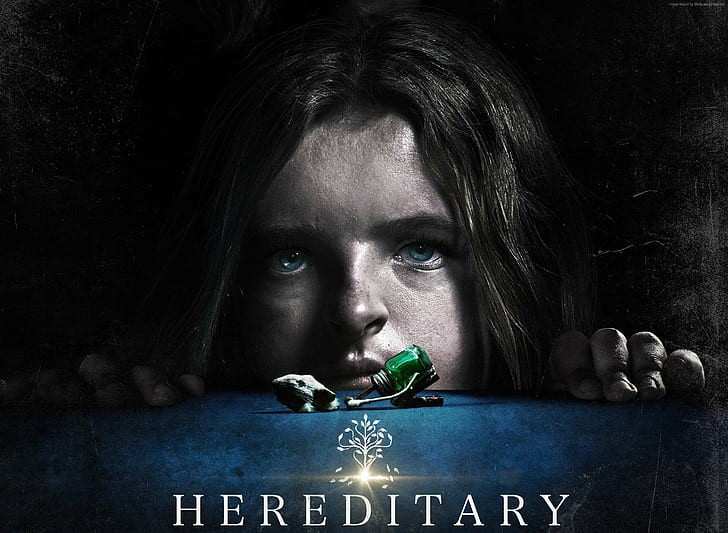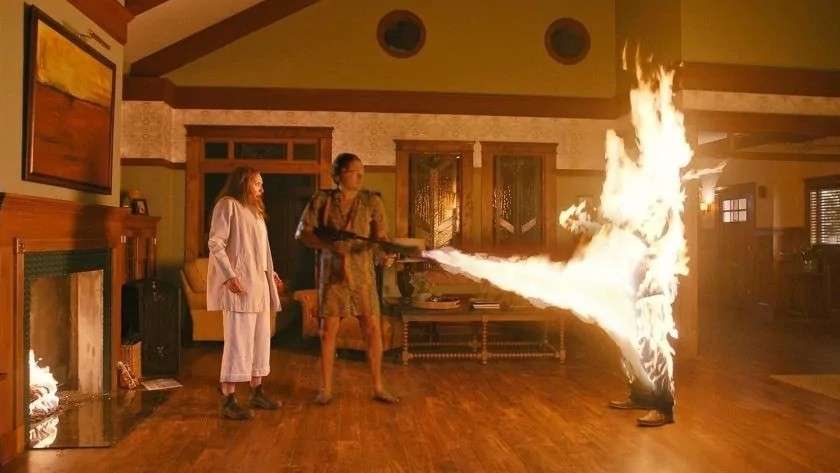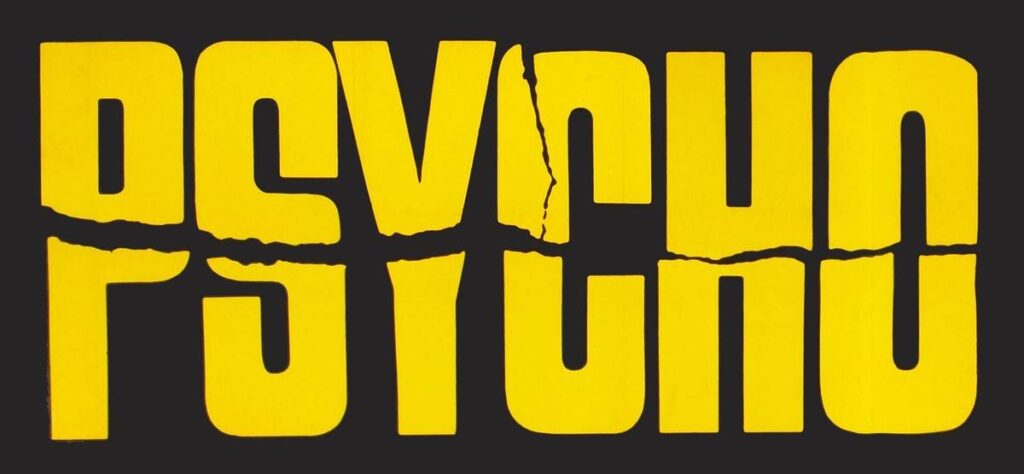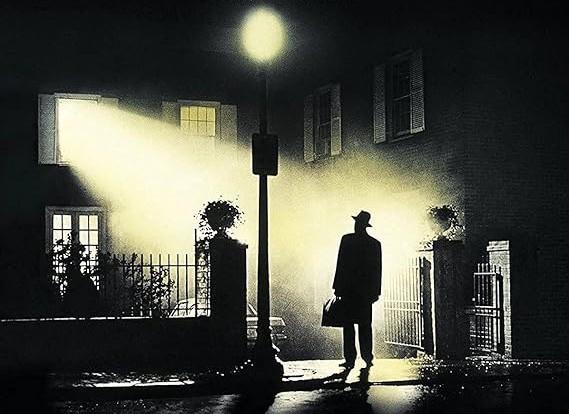A Harrowing Descent into Grief, Guilt, and the Occult

Ari Aster’s Hereditary isn’t just a horror film—it’s an emotional and psychological assault. Released in 2018, this debut feature redefined modern horror with its suffocating atmosphere, traumatic family dynamics, and imagery that sears itself into your psyche. More than just scares, Hereditary explores inherited trauma, the fragility of sanity, and the horrifying cost of escaping grief. Let’s unravel why this film has become a benchmark for 21st-century horror.
The Plot: A Family Unraveling Under a Sinister Legacy
Annie Graham (Toni Collette), a miniature artist, grapples with the recent death of her secretive and domineering mother, Ellen. Her husband Steve (Gabriel Byrne), teenage son Peter (Alex Wolff), and peculiar 13-year-old daughter Charlie (Milly Shapiro) struggle to connect in the wake of the loss. Charlie, a socially isolated girl with strange habits (like clicking her tongue and decapitating dead birds), becomes the first to sense the darkness lurking in their family’s shadow.
After a tragic accident involving Charlie, the Grahams are plunged into a spiral of guilt, paranoia, and supernatural terror. Annie discovers cryptic clues about her mother’s ties to a occult group, while Peter experiences horrifying visions of his dead sister and an invisible, malevolent force. As Annie desperately tries to contact Charlie through seances, she unwittingly awakens an ancient entity with a chilling agenda. The family’s grief becomes a gateway for a ritual centuries in the making, culminating in a finale that mergines body horror, pagan symbolism, and existential dread.

Why Hereditary is a Modern Masterpiece
1. Toni Collette’s Devastating Performance
Collette delivers one of horror’s greatest performances. Her portrayal of Annie—raw, unhinged, and consumed by guilt—is heartbreaking and terrifying. The infamous dinner table scene, where she screams, “I am your mother!” at Peter, is a masterclass in emotional brutality.
2. Slow-Burn Terror
Aster builds dread through silence and stillness. The camera lingers on eerie details: Charlie’s cluck-clicking tongue, Annie’s miniature recreations of family traumas, and shadowy figures lurking in corners. The horror creeps in long before the supernatural explodes.
3. Themes of Inherited Trauma
The title Hereditary isn’t just about curses—it’s about the cyclical nature of mental illness, grief, and familial dysfunction. Annie’s attempts to “fix” her family mirror her mother’s manipulative rituals, suggesting some horrors are passed down, not summoned.
4. Symbolism and Visual Storytelling
- Miniatures: Annie’s dioramas reflect the family’s lack of control—they’re puppets in a larger, unseen design.
- Charlie’s Drawings: Her sketches of crowned figures and severed heads foreshadow the cult’s pagan ritual.
- Naked Cultists: Their silent presence in the background creates a sense of inescapable doom.
5. The Final Act: A Nightmare Unleashed
The last 20 minutes are a relentless barrage of horror: possession, self-mutilation, and a shocking reveal tied to the demon Paimon. Aster refuses to cushion the blow, leaving audiences shell-shocked.
Behind the Scenes: Crafting the Horror
- Charlie’s Tongue Click: The sound was created by Milly Shapiro clicking her tongue against a dental prosthetic.
- The Miniatures: Over 100 intricate miniatures were built by a team of artists, blurring the line between Annie’s art and reality.
- Decapitation Scene: The aftermath of Charlie’s accident was filmed using a prosthetic head modeled after Shapiro, with Wolff’s genuine screams of terror captured in one take.
Cultural Impact and Legacy
Hereditary polarized audiences—some called it “trauma porn,” others hailed it as a horror revolution. It grossed over 80millionagainsta80millionagainsta10 million budget, proving arthouse horror could dominate mainstream audiences. Its influence is seen in films like Midsommar (Aster’s follow-up) and The Babadook, which similarly fuse grief with horror.
Why Hereditary Still Haunts
The film taps into universal fears: losing a child, failing as a parent, and the idea that our bloodline might doom us. Its scares aren’t just supernatural—they’re deeply human. The image of Annie sawing her own head off with a piano wire or Peter’s face smashing into his desk in class linger because they’re rooted in visceral, emotional pain.
Final Thoughts
Hereditary isn’t a film you “enjoy”—it’s one you survive. Ari Aster crafts a nightmare that feels both intimate and mythic, blending family drama with occult horror in a way that leaves viewers shattered. If you haven’t seen it, brace yourself. If you have, you’ll never look at attic doors or model houses the same way again.
Engage with Me!
What scene in Hereditary disturbed you the most? Charlie’s accident, Annie’s ceiling crawl, or the cult’s final ritual?
And if you’re into trauma-driven horror, check out my analysis of The Shining (1980) or my list of Modern Horror Films That Broke the Internet. Do you think the Grahams were doomed from the start, or could they have escaped their fate? Let’s discuss below! 🕯️🔪


